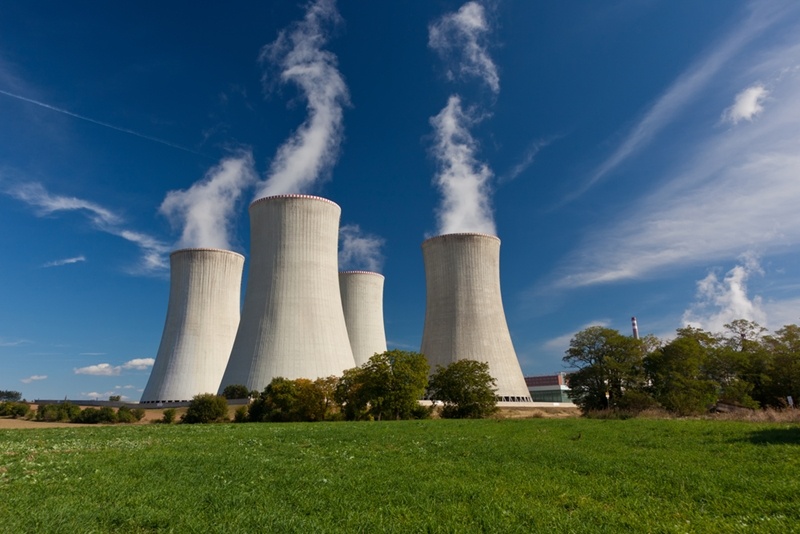Illinois Legislature Deliberations on Nuclear Plant Aid Continues
Earlier this month, officials from the Illinois Commerce Commission and several other related agencies gave a report to the Illinois legislature that explained the difficult financial situation that several of the state's nuclear power plants are in. The 269-page report went on to outline several options that state's legislature has in order to keep the plants open and prevent a substantial loss of power generating capacity.
Leveling the playing field for nuclear power
Exelon, who owns all six of the nuclear plants in Illinois, has stated that three of its plants in the state are unprofitable in the current market, according to an article on RTO Insider. If action isn't taken, Exelon believes it will have no choice but to close the plants down.
Exelon stated that it is the victim of an un-level playing field when it comes to incentives for the various parts of the generation mix. The company argues that renewables are the beneficiaries of subsidies that reward them for generating carbon emission-free energy - something that nuclear power does as well. Penalizing carbon-generating plants would also be a way to give nuclear a leg up as operators of those plants have less of a role in the state's generation.
This would be troublesome for PJM grid operators and Illinois' political leadership because in addition to losing out on generating capacity, it will make the state more reliant on carbon-emitting forms of generation, which will hamper it from achieving the carbon reduction benchmarks set by the EPA's Clean Power Plan.
The report recommended several market-based solutions that would improve the nuclear plants' finances and keep them generating carbon-free power:
- Relying purely on the market and external initiatives to make corrections
- Establishment of a Cap and Trade Program
- Imposition of a Carbon Tax
- Adoption of a Low Carbon Portfolio Standard
- Adoption of a Sustainable Power Planning Standard
Despite the presence of several options, many analysts have warned that regardless of what the legislature decides, ratepayers will be saddled with higher energy bills.

Three nuclear power plants in Illinois are on the verge of closing due to financial struggles.
Illinois ratepayers will face higher costs no matter what
Whether the nuclear plants are closed down or they stay up and running, end users can expect to pay more for power.
The report said that if the state government decides to impose a carbon tax or cap and trade program on coal- and natural gas-fired plants, the ICC expects electricity prices to increase anywhere from 17 to 21 percent over the next 28 years.
"Whether the nuclear plants are closed down or they stay up and running, end users can expect to pay more for power."
On the other hand, if the plants close down, the report explained that the costs to build new and upgrade older transmission lines and find new generation capacity from within or outside of the state could be in the range of "hundreds of millions of dollars or more" - a bill that taxpayers will have cover.
Not only would electricity prices rise, grid reliability in the state would be threatened as well as operators find a way to make up the shortfall from the closure of the nuclear plants.
"The totality of the impacts suggest that the General Assembly may want to consider taking measures that would prevent the premature closure of at-risk nuclear plants," said the Illinois Power Agency in a statement featured in RTO Insider.
Illinois legislature still debating a course of action
The process to decide the fate of Exelon's three troubled plants has yet to move forward.
"The report just came out. We're still examining it," said Steve Brown, spokesman for House Speaker Michael Madigan, according to RTO Insider.
While Exelon has applauded the report's findings and the legislature's willingness to consider the options, some argue that maintaining the status quo would be a good path to take as well.
David Gaier, a spokesman for NRG Energy said that he believes the state is more than capable of withstanding the loss of some nuclear plants. Gaier said that the status quo - allowing the market to simply do its job, with no subsidies - will save the taxpayers about $120 million.
This content is property of ESCO Advisors and all reproductions must reference and link back to the ESCO Advisors website.
Share this
You May Also Like
These Related Stories

Illinois legislature continues deliberations on nuclear plant aid

Where does nuclear power fit into America's clean energy concerns?


